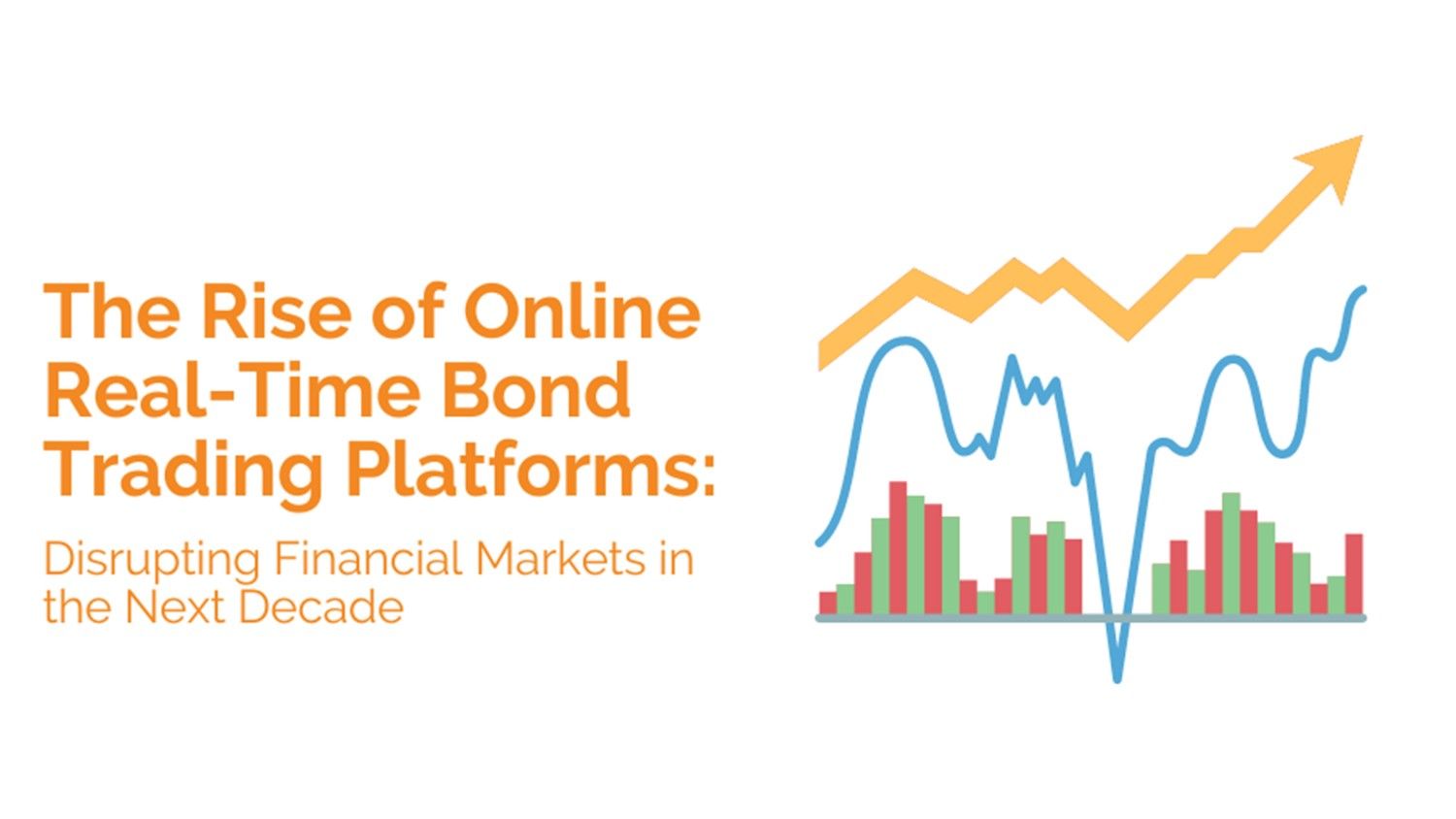The Rise of Online Real-Time Bond Trading Platforms: Disrupting Financial Markets in the Next Decade

Introduction
In the ever-evolving landscape of finance and investment, technology continues to play a transformative role. One area witnessing a significant transformation is bond trading. With the advent of online real-time bond trading platforms, retail investors now have the opportunity to participate in the corporate and government bond markets, reshaping the traditional dynamics of the financial industry. In the coming decade, these platforms are poised to bring real disruption to financial markets, challenging the stronghold of banks and empowering individual investors to access new income streams.
The Current State of Affairs
As it stands, many retail investors predominantly rely on banks to safeguard their funds. Large sums of money are kept in savings accounts, where returns often yield less than 3%. Additionally, significant sums lie dormant in current accounts, earning no returns for their owners. Banks, on the other hand, channel these amassed funds into government and corporate bonds, where they can earn much higher returns, usually around 8 to 10%.
The Role of Banks as Intermediaries
Banks have long capitalized on this inefficiency in the retail market. They act as intermediaries, reaping the benefits of the yield spread between the low-interest rates they offer to customers and the higher returns they obtain from bond investments. This model has proven highly profitable for banks, but it leaves retail investors with limited options for growing their wealth and obtaining better returns on their savings.
The Promise of Online Real-Time Bond Trading Platforms
The emergence of online real-time bond trading platforms has the potential to change this landscape drastically. These platforms aim to democratize access to the bond markets, empowering retail investors with opportunities that were previously reserved for institutional investors and banks. By leveraging technology, these platforms provide individuals with a user-friendly interface to buy and sell corporate and government bonds directly.
Key Advantages for Retail Investors
Higher Returns: Through online bond trading platforms, retail investors can directly invest in a diversified range of government and corporate bonds, potentially earning higher returns than traditional savings accounts.
Transparency and Control: Investors gain better visibility into the performance of their investments and can make informed decisions based on real-time market data and analysis.
Diversification: Bond trading platforms enable retail investors to diversify their portfolios easily, reducing risk and enhancing the potential for stable, long-term growth.
Lower Costs: By eliminating intermediaries, retail investors can avoid additional fees and charges typically associated with bond investments through banks.
Educational Resources: Reputable bond trading platforms often provide educational resources, helping investors to understand the bond market better and make more strategic investment choices.
The Disruption to Banks
The growing popularity and accessibility of online bond trading platforms pose a real threat to banks' dominance in the bond investment space. As retail investors become more educated and empowered, they will be less reliant on banks to manage their investments, significantly reducing the pool of funds that banks can channel into bonds for their own benefit.
Moreover, with the potential for higher returns and increased transparency offered by online platforms, more and more retail investors may opt to take control of their investments, choosing to diversify their portfolios beyond traditional banking options. As a result, banks may lose a substantial share of the revenue they once generated from this segment of the market.
Challenges and the Road Ahead
While online real-time bond trading platforms offer promising opportunities, they also face challenges. Investor education remains paramount to ensure that retail investors understand the risks associated with bond trading and make informed decisions. Regulatory scrutiny will also play a crucial role in maintaining market integrity and protecting investors.
Furthermore, competition among these platforms will intensify, leading to innovations, improved features, and lower costs for users. Building trust and credibility will be essential for these platforms to succeed and gain mass adoption.
Conclusion
The next ten years are likely to witness a significant transformation in the financial markets, with online real-time bond trading platforms emerging as major disruptors. Empowering retail investors with direct access to the bond markets will level the playing field, eroding the stronghold that banks have traditionally enjoyed. As retail investors become better educated and technology continues to advance, the financial landscape will undoubtedly evolve, providing opportunities for individuals to take charge of their investments and potentially realize better returns on their savings. The future of finance is set to be more inclusive and democratized, thanks to the rise of these disruptive online bond trading platforms.
